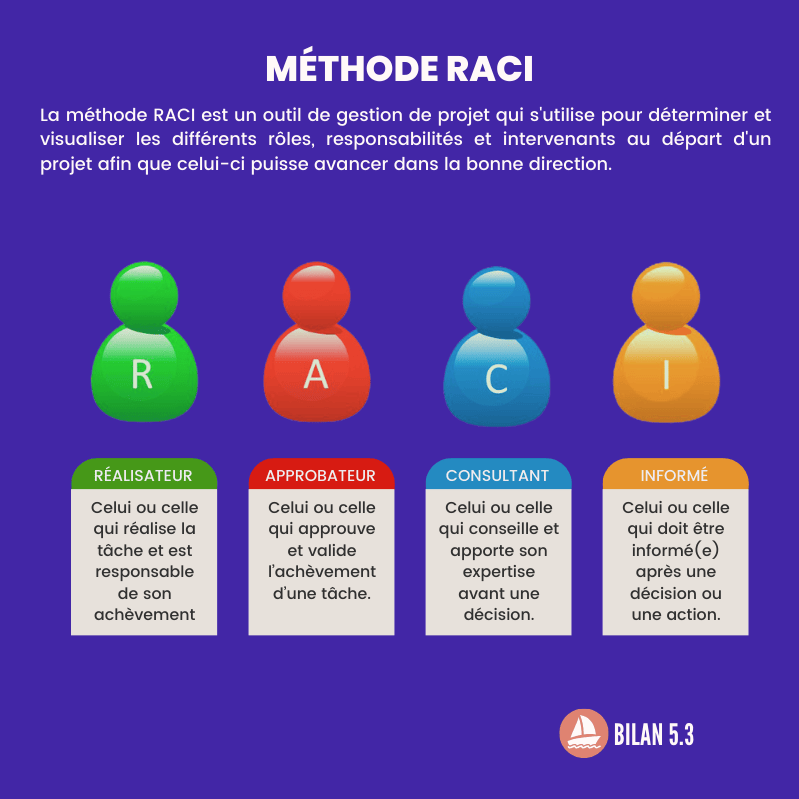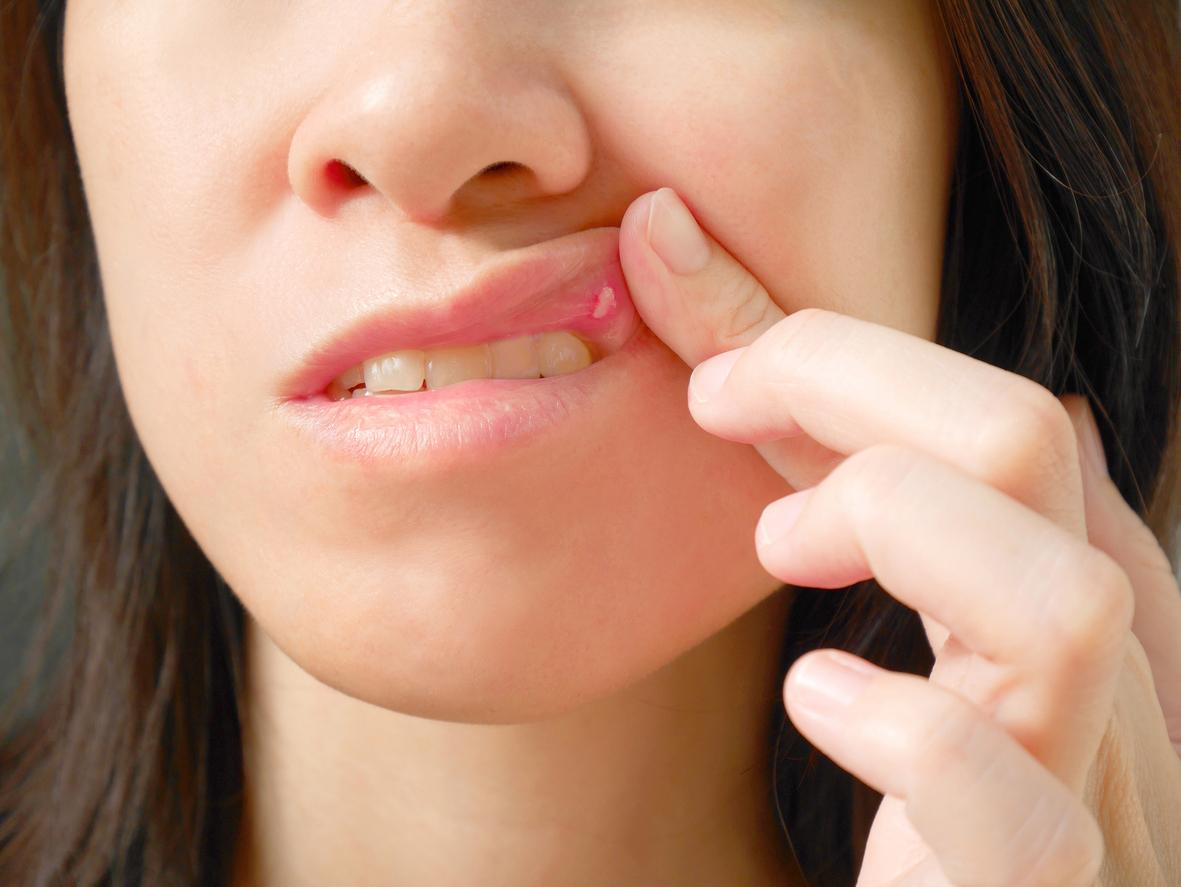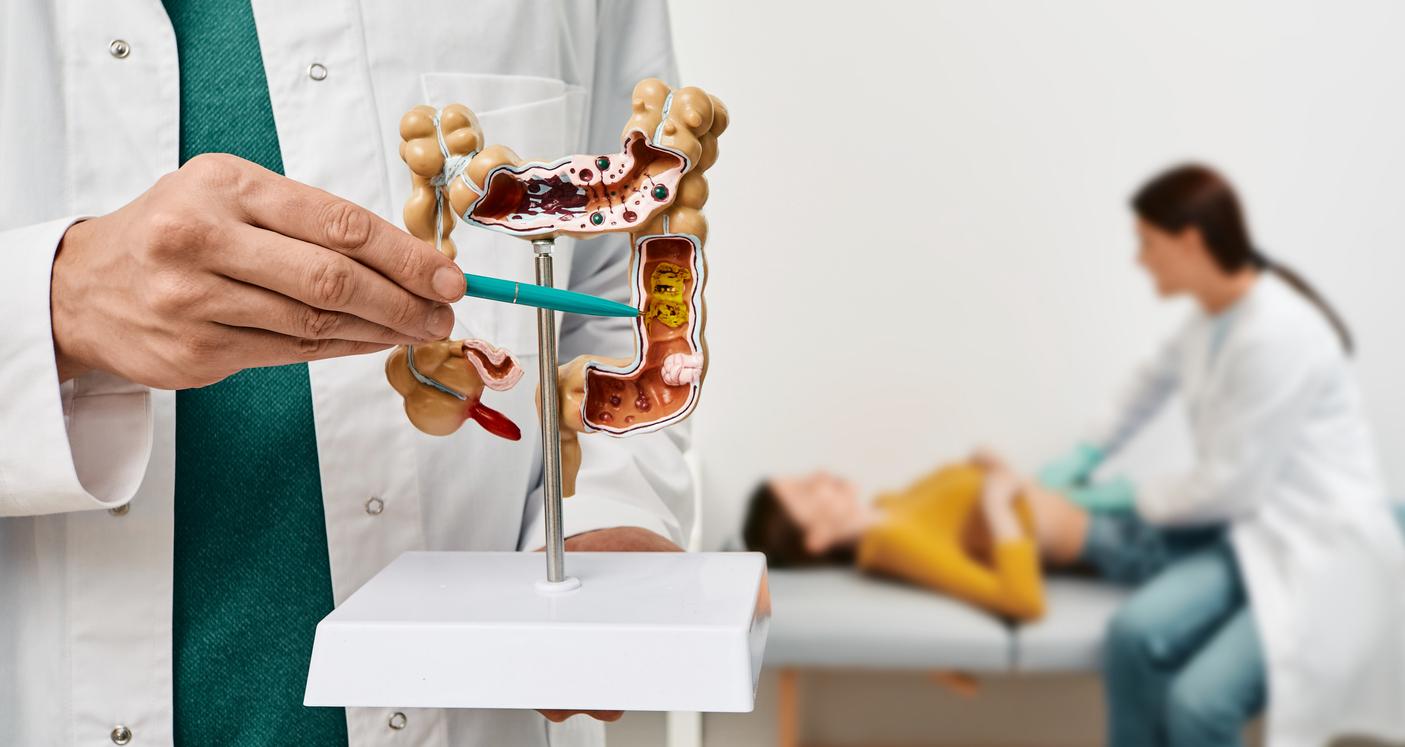Top Santé: How is irritable bowel syndrome (IBS) currently treated?
Professor Jean-Marc Sabaté: Its treatment is complex, because this disorder results from several mechanisms that vary from one patient to another (too much or not enough intestinal contractions, hypersensitivity of the digestive tract, stress, etc.). So you have to try different strategies. Overall, first-line treatment is based on lifestyle and dietary measures (physical activity, low-FODMAP diet if necessary, etc.), probiotics, and “symptomatic” treatments aimed at reducing the main symptoms: antispasmodics in the event of digestive spasms ( Spasfon Lyoc®, Météospasmyl®…), laxatives for IBS with constipation (Transipeg®, Forlax®…), antidiarrheals for IBS with diarrhea (Imodium®, Questran®…), etc. In case of failures, hypnosis has proven its effectiveness: it improves 50 to 60% of patients who do not respond to the aforementioned drugs.
Top Santé: What are the most recent advances?
Pr J.-MS: Over the past ten years, several symptomatic treatments have arrived, which have been good news for patients who do not respond to any of the conventional treatments mentioned above. In particular, since 2019, Colpermin®, based on peppermint oil, is available to treat hyperactivity of the intestine, and Gelsectan®, consisting of a probiotic and a biofilm lining the colon, intended to strengthen the intestinal barrier and the normal activity of the microbiota. Problem: these products are not reimbursed [compter environ 10 et 15 € les 30 gélules, respectivement, NDLR].In recent years, two other recent products have been available in other European countries (Germany, United Kingdom…): linaclotide (Constella®) and eluxadoline (Truberzi®), which relieve IBS with constipation and with diarrhea, respectively. But alas, they are not yet found in France.
Top Santé: Where is the research on irritable bowel syndrome?
Pr J.-MS: She is following several promising leads. One of the most daring aims to administer, by colonoscopy or in the form of capsules, a preparation of fecal matter from a healthy subject into the digestive tract of a patient with IBS, in order to reconstitute his intestinal flora and restore a healthy digestive function. This is the track of “faecal transplantation”, followed in particular by my team. In the fall of 2022, we hope to start a study to assess the effectiveness of this approach with 120 patients refractory to at least two therapeutic strategies. In parallel, research continues to explore the mechanisms responsible for IBS. With one hope: to act on these processes in order to finally develop a curative treatment.

















